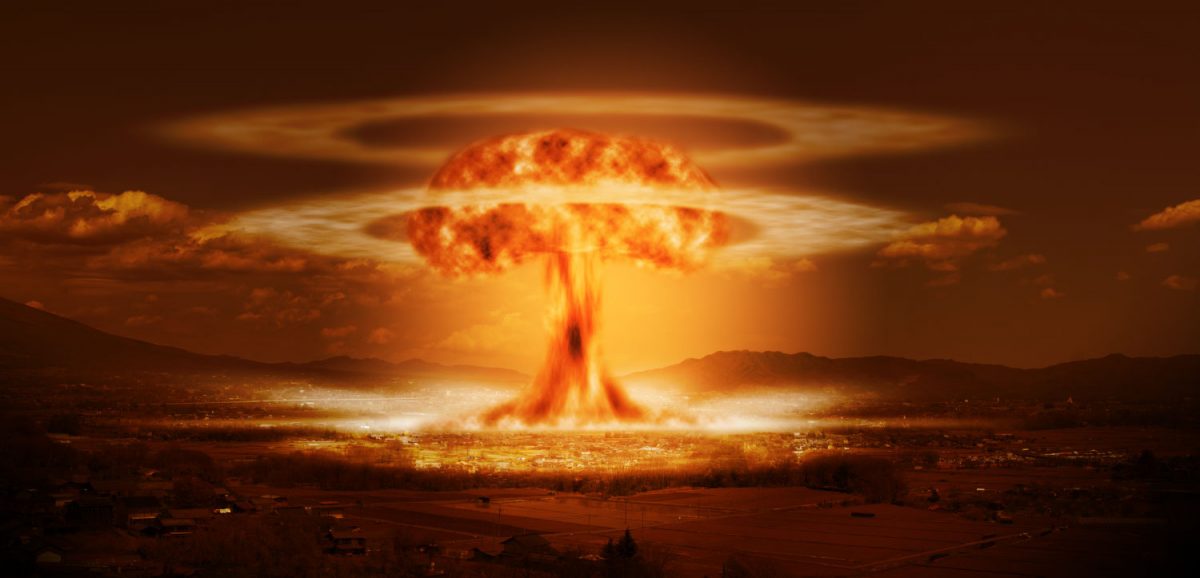Twenty years after 9/11, terrorists could still go nuclear
As Americans reeled after the 9/11 attacks 20 years ago, one question was at the front of many minds: Could even worse be coming? If the terrorists who attacked on September 11 had a crude nuclear bomb on the plane, it wouldn’t have been just the twin towers—the whole lower half of Manhattan could have been turned to rubble and ash, with hundreds of thousands dead and injured.
Unfortunately, that possibility was all too real. Investigations after the attacks uncovered focused al Qaeda efforts to get nuclear, biological, and chemical weapons. The nuclear program reported directly to Ayman al-Zawahiri, now the leader of the group, and got as far as carrying out crude but sensible conventional explosive tests for the bomb program in the Afghan desert. Weeks before 9/11, Osama bin Laden and Zawahiri met with two senior Pakistani nuclear scientists and discussed how al Qaeda could get nuclear weapons.
But that was then. Today, both al Qaeda and another major jihadist terror group, the Islamic State, have suffered tremendous blows, with their charismatic leaders dead and many others killed or captured. A US-led counterterrorism coalition destroyed the Islamic State’s geographic caliphate in Iraq and Syria. In recent years, many terrorist attacks have not been much more sophisticated than driving a van into a crowd. Al Qaeda has not managed to carry out a single successful attack in the United States since 9/11. Is a terrorist nuclear attack still something to worry about?
The short answer, unfortunately, is “yes.” The probability of terrorists getting and using a nuclear bomb appears to be low—but the consequences if they did would be so devastating that it is worth beefing up efforts to make sure terrorists never get their hands on a nuclear bomb’s essential ingredients. To see the possibilities, we need to look at motive, capability, and opportunity.
